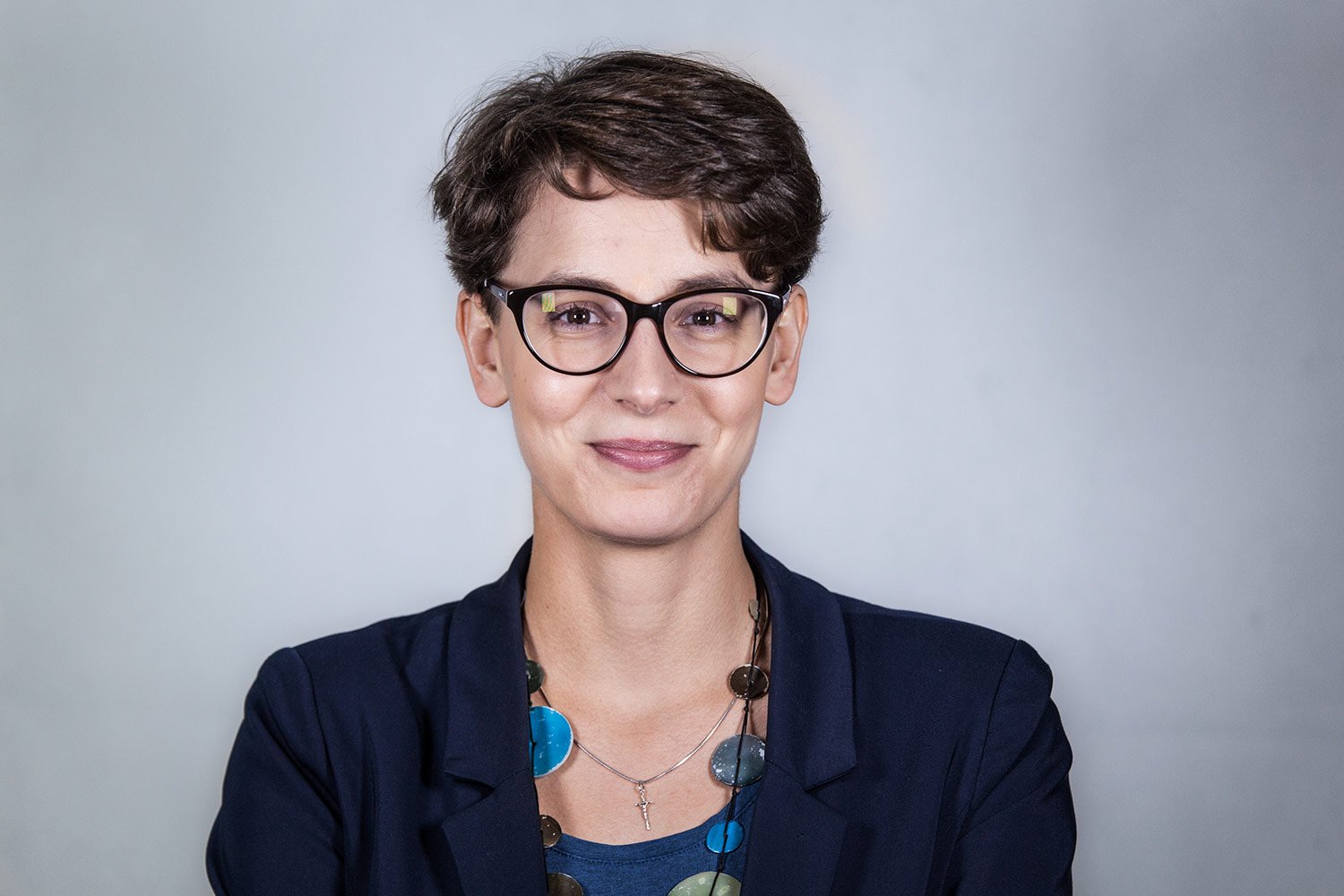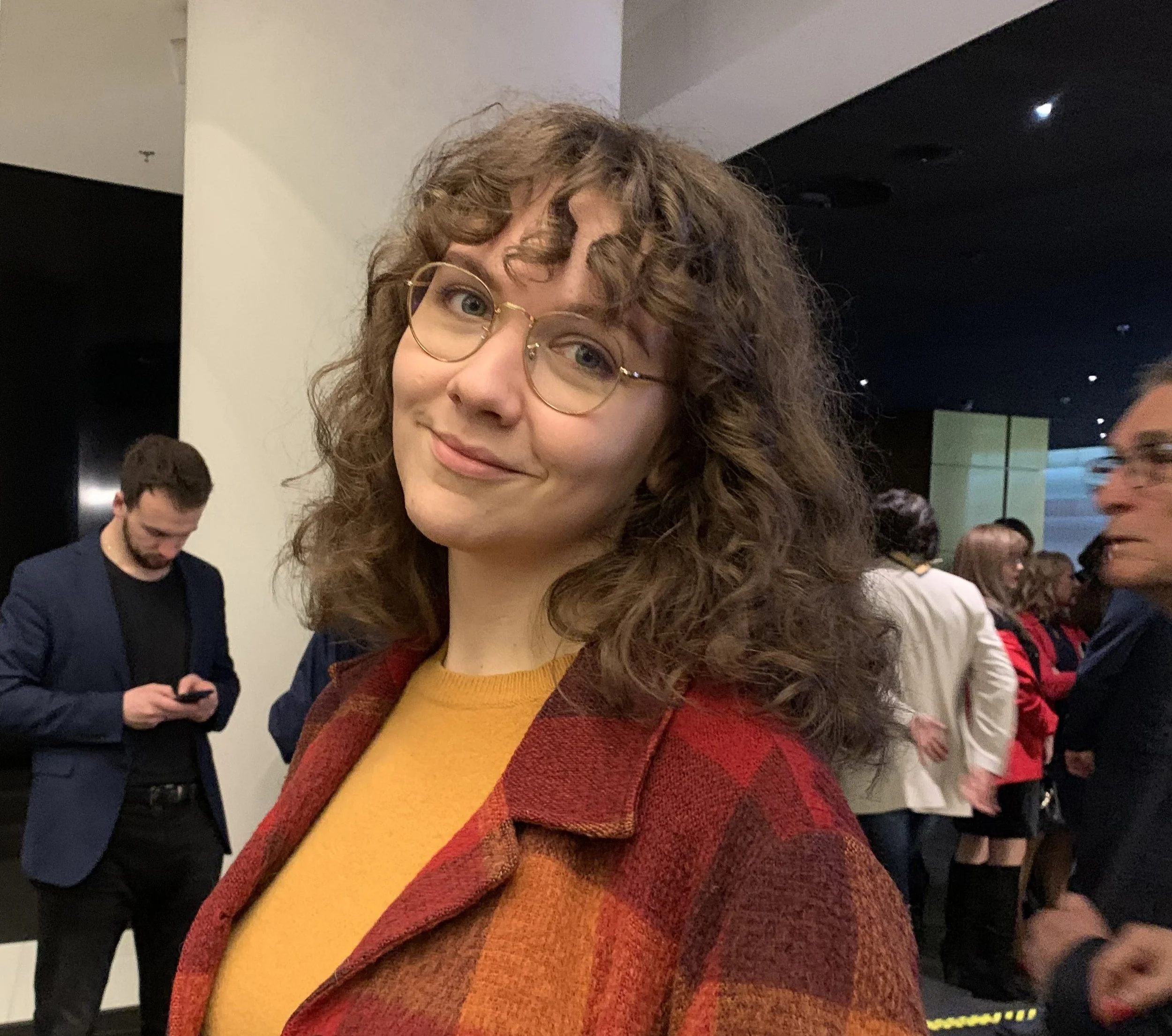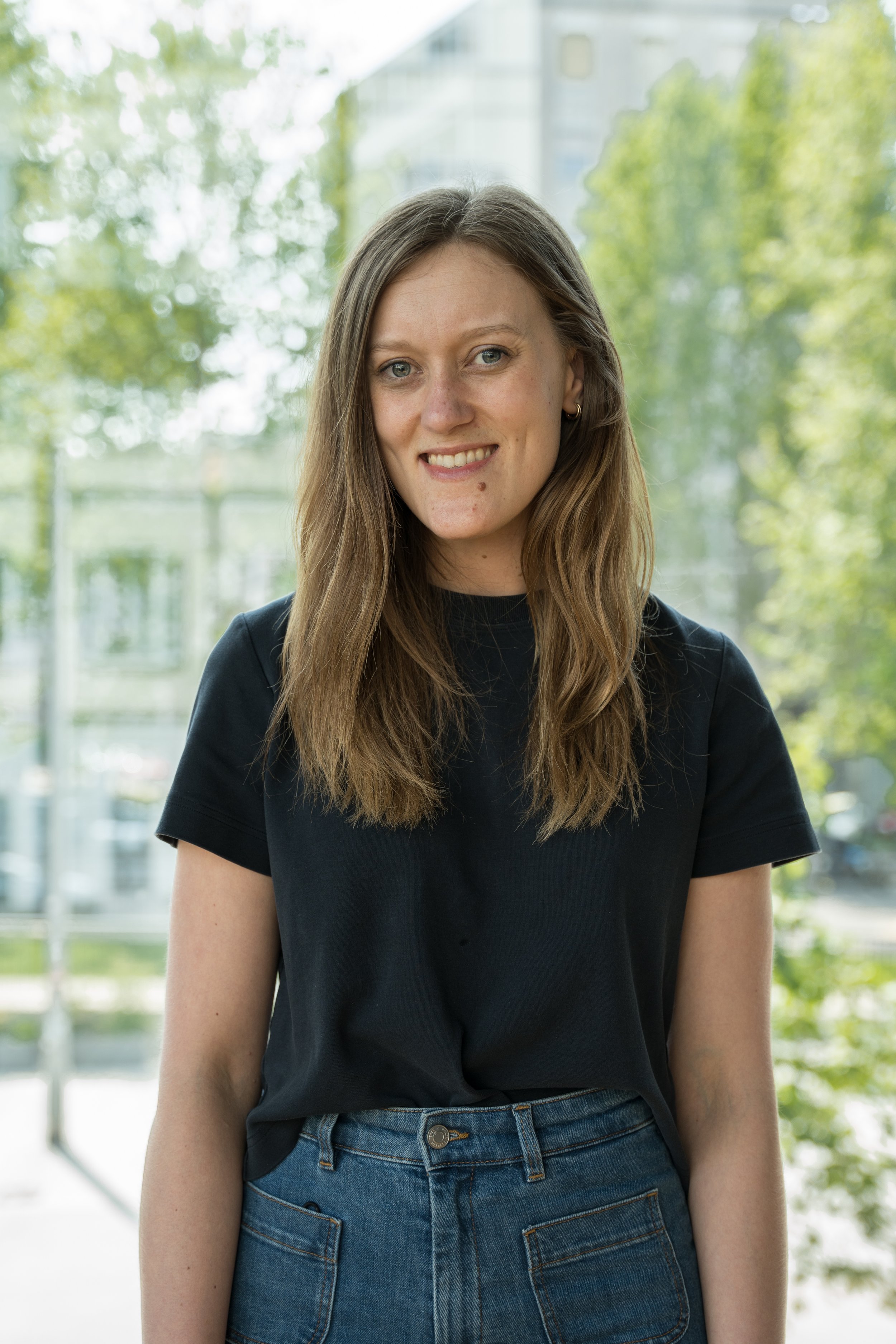
The 2025 Spring School in Warsaw was an immersive three-day training for those designing, supporting, and commissioning deliberative processes across Europe. Civil servants, practitioners and advocates were working through the full arc of the assembly process. Each day combined insights from local and international experts, providing the necessary diversity that assemblies require.
Participants were working in small groups, tapping into each other’s experiences and sharing challenges and reflections. We grounded the learning experience through case studies and mixed a range of profiles, backgrounds and expertise. The Spring School became a space to reflect, connect, and strengthen our shared practice.
A special one-day Deep Dive on Involving Children and Youth in Citizens’ Assemblies provided additional insights into making deliberative processes more inclusive and representative.





RESOURCES
-
-
Download them here.
-
Find all mentioned resources here.
-
Structured on the KNOCA guidance, the workshop of Child Rights International Network will present a children’s rights-based framework for designing and delivering participatory/deliberative democratic processes with children and young people. These processes include: setting the remit, organising sortition/democratic lottery with children and young people, safeguarding and inclusion, deliberative tools and methods, facilitation techniques, and monitoring and evaluating impact.
Katie Reid, Adviser (Children’s Rights, Democracy and Climate), CRIN
Lianne Minasian, Co-Director, CRIN
Recordings of the sessions are coming soon !
SPEAKERS


INVOLVING CHILDREN AND YOUNG PEOPLE
A deep dive
-
Founder, Climate Justice for Rosa; Climate Adviser, Child Rights International Network
Benjamin is an 18-year-old climate and children's rights activist from Belgium. He founded Climate Justice for Rosa after losing his friend in the 2021 floods, advocating for the recognition of climate victims. As an EU Climate Pact Ambassador, climate adviser to CRIN, and UNEP representative in the UN Youth Core Group, he works to make climate decision-making more inclusive for young people. He has participated in three COPs and successfully campaigned for the EU Day for the Victims of the Global Climate Crisis, continuing to push for bold climate action.
-
Adviser, Children’s Right, Democracy and Climate, Child Rights International Network
Katie’s work and research over the last ten years has focused on child, youth and intergenerational participatory processes on issues related to the environment and climate change. In her work with CRIN, Katie focuses on how deliberative democratic processes such as citizens’ assemblies can better involve children and young people, having led the children’s participation process in Scotland’s Climate Assembly and Ireland’s Children and Young People’s Assembly on Biodiversity Loss. She currently advises on several citizens’ assemblies taking place at the national and transnational (EU) level.
-
Co-Director, Child Rights International Network
Lianne has worked for CRIN for over fi ve years with a focus on children’s environmental rights, including co-developing its group of Climate Advisers and engaging in key global climate advocacy spaces alongside them. She co-leads CRIN and focuses on a range of children’s rights issues, including children’s rights and democracy.






Partner:

























